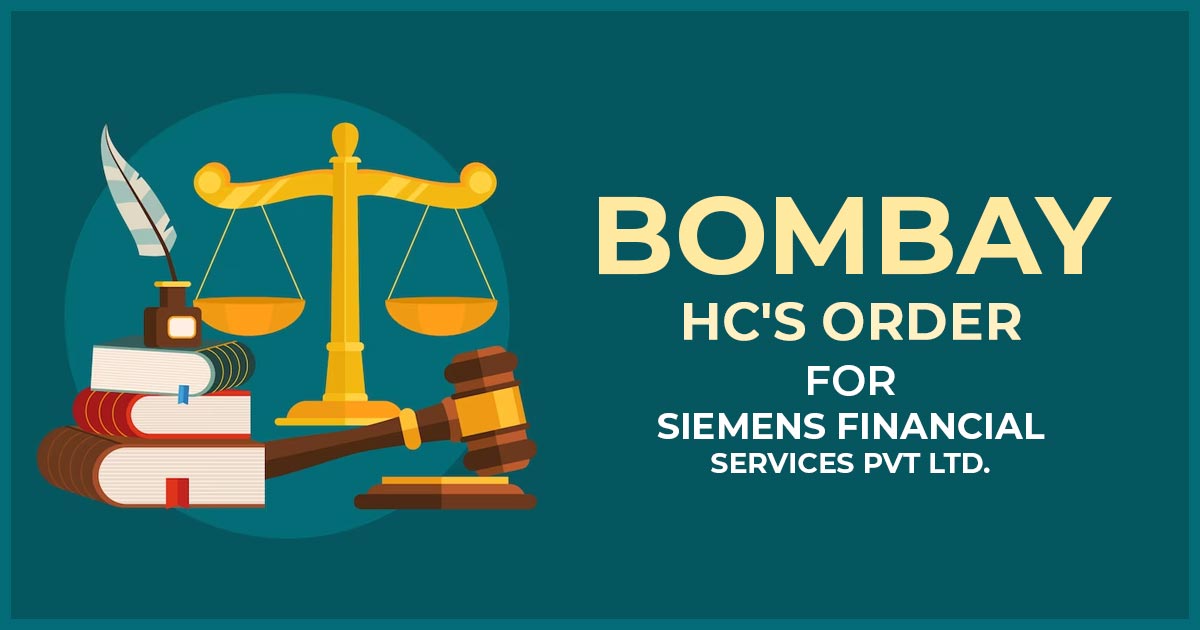
The Bombay High Court has invalidated the reassessment notice issued three years later without proper approval.
The two-member Bench comprising of K.R. Shriram and N.K. Gokhale noted that seeking approval from the specified authority under Section 151(ii) of the Income Tax Act is a crucial requirement. Not adhering to this requirement may cause the reopening of the assessment invalid.
As per Section 151, the Principal Director General or Principal Chief Commissioner is the specified authority responsible for granting approval for Section 148 and Section 148A. In the absence of the Principal Chief Commissioner or Principal Director General, the Chief Commissioner or Director General, provided more than three years have passed since the relevant assessment year.
The petitioner is a non-banking finance company registered with the Reserve Bank of India (RBI) and categorized as an asset finance company.
The petitioner received a reassessment notice almost three years later. The notice alleged that there were grounds to believe that the petitioner’s taxable income for the assessment year 2016-2017 had not been properly assessed, as mentioned in Section 147 of the Income Tax Act. The notice also claimed to have obtained the necessary approval from Range 8(2), Mumbai.
The assessment argued that the notice, order, and intimation letter were time-barred, signed by an irrelevant specified authority, lacked the required “information” as per Section 148, was based on a change of opinion, and violated Section 151A.
The assessee argued that as per Section 149(1)(b), a notice under Section 148 can only be issued beyond three years and up to ten years if the Assessing Officer (AO) possesses books of account, documents, or evidence indicating that the taxable income, represented as an asset, has not been assessed and amounts to Rs. 50 lakhs or above.
However, the assessment contended that there is no taxable income represented in the form of an asset that has escaped assessment, as expenditure on computer software consumables is not eligible to be considered as an asset under Section 149. Therefore, the extended time limits specified in Section 149(1)(b) do not apply to the petitioners, causing the notice issued on July 31, 2022, bad in law.
The assessee also argued that it is mentioned by the Deputy Commissioner of Income Tax to obtain prior approval from the Principal Chief Commissioner of Income Tax under Section 151(i). This is bad in law as the Deputy Commissioner should have followed Section 151(ii) instead of Section 151(i). Therefore, the Principal Chief Commissioner of Income Tax cannot be considered a specified authority under Section 151.
Read Also: Bombay HC Invalidates a Tax Notice, Seeking to Reopen an Assessment Based on Incorrect Details
The court ruled that compliance with Section 151(ii) is a jurisdictional requirement for getting approval from the specified authority. Without this requirement, the reopening of the assessment is not valid.
| Case Title | Siemens Financial Services Pvt Ltd. Vs Deputy Commissioner of Income Tax |
| Citation | Writ Petition No. 4888 Of 2022 |
| Date | 25.08.2023 |
| Petitioner | P. J. Pardiwalla |
| Respondent | Suresh Kumar |
| Bombay High Court | Read Order |









